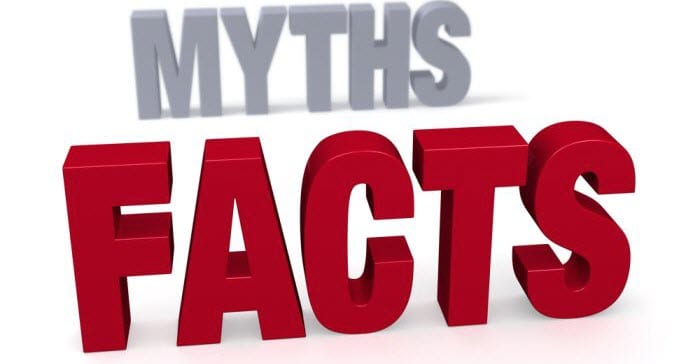 Free Consultation
(610) 667-7511
Free Consultation
(610) 667-7511
 Free Consultation
(610) 667-7511
Free Consultation
(610) 667-7511
 Myths Surrounding Auto Insurance and Car Accidents
Myths Surrounding Auto Insurance and Car AccidentsMyths have a serious impact on auto insurance and car crashes. Following these myths can impact your ability to protect yourself if you are in an accident. Here are 8 auto insurance and crash myths we often encounter that can harm your accident case.
Buying auto insurance is complicated. It is crucial to buy the correct insurance so that if you are in an auto accident, you are sure you are covered. You can learn more about buying the right insurance from Jeff Lowenthal’s video on the subject.
Full tort means that you have chosen the full tort option. It does not mean, however, that you have purchased everything you need. You must specifically choose each part of your insurance, including UM (uninsured motorist) and UIM (under-insured motorist.) If you want to make sure your car will be repaired, you need to purchase collision. Without making the correct choices, you may find out that you don’t have enough insurance to protect you.
Many states, including Pennsylvania, are “no fault” states. This means that your auto insurance company pays your medical bills no matter who is at fault.
Limited tort has nothing to do with whether you purchased the minimum amount of coverage required by law. When you purchase limited tort, you give up the right to sue for pain and suffering unless you suffer a “serious injury.” This threshold is difficult to overcome. Especially in soft tissue injuries, which are very common.
Your insurance company is required to pay for certain things, regardless of who caused the accident. The company still needs to pay your medical bills (up to the maximum of your policy) and the repair of your car (if you have collision). Your auto insurance also must pay for a defense if you get sued.
Sometimes, the police will draw a conclusion about the cause of an accident and responsibility for that accident right at the scene. Other times, they will conduct an investigation and make a decision. A police report stating you are at fault certainly isn’t helpful to your case, but it does not mean that the accident was your responsibility. Also, keep in mind, sometimes an accident is both driver’s responsibility equally. This impacts the ability to recover in a lawsuit.
If you try to navigate the settlement or lawsuit process by yourself you could very well damage your chances of a fair settlement. Remember, car insurance companies are not in the business of handing out money and will do everything they can to minimize your recovery.
Past crashes are irrelevant to the current accident. What matters is what happened during this particular incident.
Past injuries, even if you are completely recovered, are still likely to be an issue in any new car accident. When we handle a crash case, we need to show that your old injuries were healed, or exacerbated by the new accident. If you suffered new injuries, that is relevant as well. The opposing party will try to show that your injuries were from the old accident and not this one. The reason they want to do this is to decrease the value of your case so they can offer a smaller settlement, or no settlement at all.
A release means that your case is over. You cannot go back and ask for more money after you settle. Frequently insurance companies will try to get you to sign a release before you can get a true sense of how badly you were injured and how your injuries will affect your life. Don’t be pushed into settling your case before you can have an evaluation done by an attorney. Some lawyers will push you to settle your case quickly as well. Don’t let them. You want to be sure you get the right settlement. The only way to know what is right is to make sure you and your lawyer understand the full extent of your injuries.
There are a lot of myths about car insurance and automobile accidents. Please make sure you don’t get taken in by one. If you are injured in a car accident, check with a reputable personal injury attorney before you make any decisions. And when you buy your car insurance, make sure you understand what you are signing. Lowenthal & Abrams has been representing injury victims for over 40 years. Contact us today for a free consultation to learn how we can help you.
LOWENTHAL AND ABRAMS, P.C.

Contact us for a FREE consultation. No fee unless compensated.